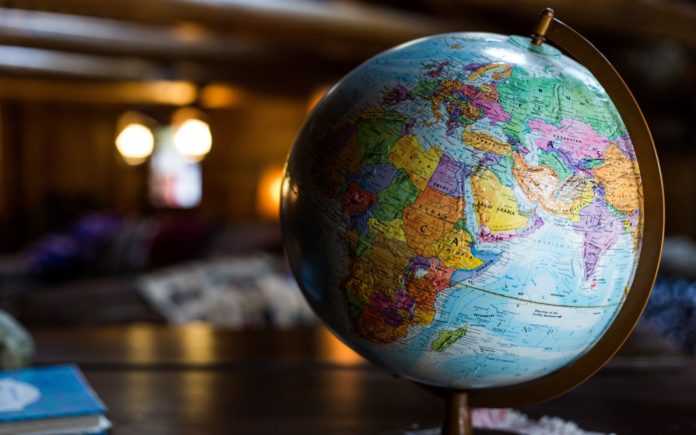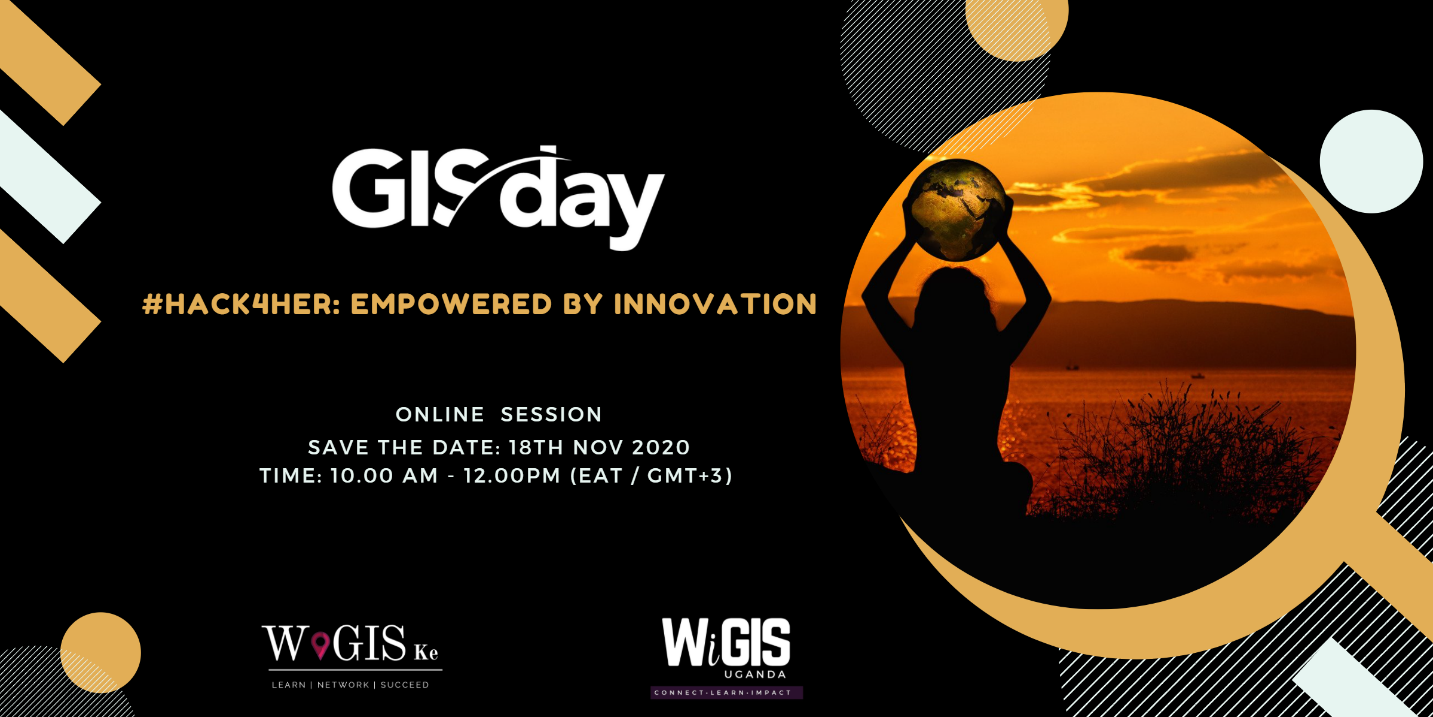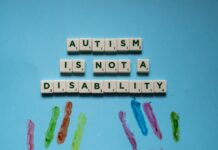By Biko Orlale
The health, economic, and social impact of COVID-19 across Africa continue to evolve with more than 40,000 deaths with over 1.6 million confirmed cases (as of Oct, 26th, 2020).
This has disrupted the livelihoods of millions of Africans with a disproportionate impact on poor households and small businesses.
Even with containment measures such as lockdowns and quarantines, the pace of this disruption is likely to accelerate in the months ahead.
Similarly, the pandemic has put more attention on the world’s digital divide.

More so the crisis may reinforce the digital gender divide, including its impact on deepening pre-existing inequalities, exposing vulnerabilities in social, political, and economic systems which in turn amplify the impacts of the pandemic.
When Kenya introduced strict preventive measures in a bid to contain the spread of the coronavirus in April — including restricting movement and closing schools — accessing sexual and reproductive health services became much harder.
Within three months of lockdown, reports revealed that 152,000 Kenyan teenage girls became pregnant — a 40% increase in the country’s monthly average.
Meanwhile, in South Africa, amidst the pandemic, the President identified gender-based violence as the second pandemic the country was battling with.

Also, a war that was being waged against our women and children, with over 40% of South African women experiencing sexual and/or physical interpersonal violence in their lifetime.
There was a need to develop a full data picture that would be fundamental to having a gendered response, recovery, and resilience mechanism to address this crisis.
Women in GIS Kenya (WiGISKe) took up this challenge as part of their support to the Ministries of Health, Public Service, and Gender and Ministry of Education in Kenya to use technology to bridge the gender divide.
By developing a location intelligence platform that consumes data from countless sources such as call centers, documents, and reports, and automated survey responses, WiGISKe was able to generate insights in form of dynamic dashboards and smart maps that support decision making for policymakers and stakeholders.
This solution called the ‘Gender Situation Room’, uses granular, timely, and comprehensive data to provide a complete picture of the impacts of COVID-19 on vulnerable groups such as women, girls, and persons with disabilities across three dimensions; health (maternal services, FGM, GBV), economy (informal employment and unpaid care work) and social (teenage pregnancies).
The power of this is the ability to create localized and scalable solutions.
Unfortunately, technology has been underused in unlocking women’s economic opportunities or solving some of the most pressing issues affecting them.
Although we are witnessing exponential growth in technological changes and innovations across all industries, there still exists a large technology gap between men and women.
According to the Women and the Web Alliance, a public-private partnership that is teaching digital literacy to women in rural Kenya.
It is only by addressing the gender gap that women will benefit from the opportunities that technology and the web hold.
However, one wonders how this revolution will lead to ending issues such as access to resources, Gender-Based Violence (GBV), Female Genital Mutilation (FGM), Reproductive and Maternal Healthcare, New Born and Child Health (RMNCH) (among others); which directly affect women?
In today’s ultra-connected world, digital technologies have become our lifeline. The crisis may in fact reinforce the digital gender divide, including through its impact on girls’ education.
The digital divide could increasingly prevent women from accessing life-enhancing services for education, health, and financial inclusion in a world that has become virtual overnight.
The digital gender divide has been recognized as a challenge to achieve gender equality for women, particularly as the 4th IR continues to increase the pace of change of information and communication technologies (ICTs).
Therefore, as the digital transformation affects economies and changes the nature of work, strategies to make sure technology becomes a great equalizer—rather than a divider—are essential.
Digital inequalities can exacerbate other inequalities, hampering women’s opportunities to contribute to the labor force, attain new skills, and access information.
As such, this year’s GIS Day will be commemorated on 18th November 2020, Women in GIS Kenya (WiGISKe) in collaboration with Women in GIS Uganda brought together gender advocates/experts, policymakers, tech communities, and like-minded individuals to celebrate digital solutions that address issues affecting women and girls in Africa.
The event dubbed #Hack4Her had technical presentations highlighting noble and innovative ways communities, organizations and individuals are innovating new solutions to bridge gender gaps.
Women in GIS Uganda (WiGIS Uganda) come as one of those “enterprises” that aims to embrace, highlight, celebrate, and grow women’s efforts in the geospatial industry in Uganda.
WiGIS Uganda aspires to provide a safe and inclusive space for women in the geospatial field an opportunity to connect, learn, and impact.
“Our goal is to find real, sustainable solutions to help Africa’s women, girls, the most vulnerable, and those at-risk. Ensuring that we are able to build these kinds of fit-for-purpose technology-based solutions will require partnerships with developers, NGOs, governments, academia, and other technology players,” says Yariwo Kitiyo; cofounder of WiGISKe.
So the question begs: What is needed to push for more social innovations that bridge the gender divide and tackle gender issues?
About the Author
Biko Orlale supports public and private sector organizations in Eastern Africa in developing solutions to solve existing problems, modernize work processes, and unlock new insights from their data by leveraging location intelligence and GIS to influence large-scale transformations that drive businesses to the next level.
Biko is also the Chairman of the Board of Positive Action Kenya, a youth-led and youth-focused Non-profit organization that champions youth development in Kenya through supporting equal access to quality education, holistic skills training, and innovative capacity building initiatives for youth.















